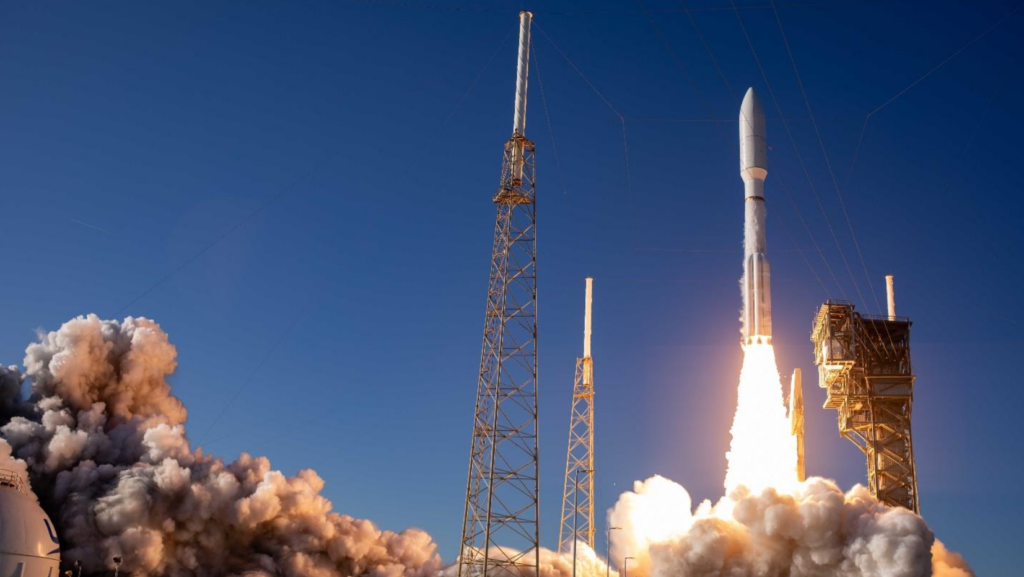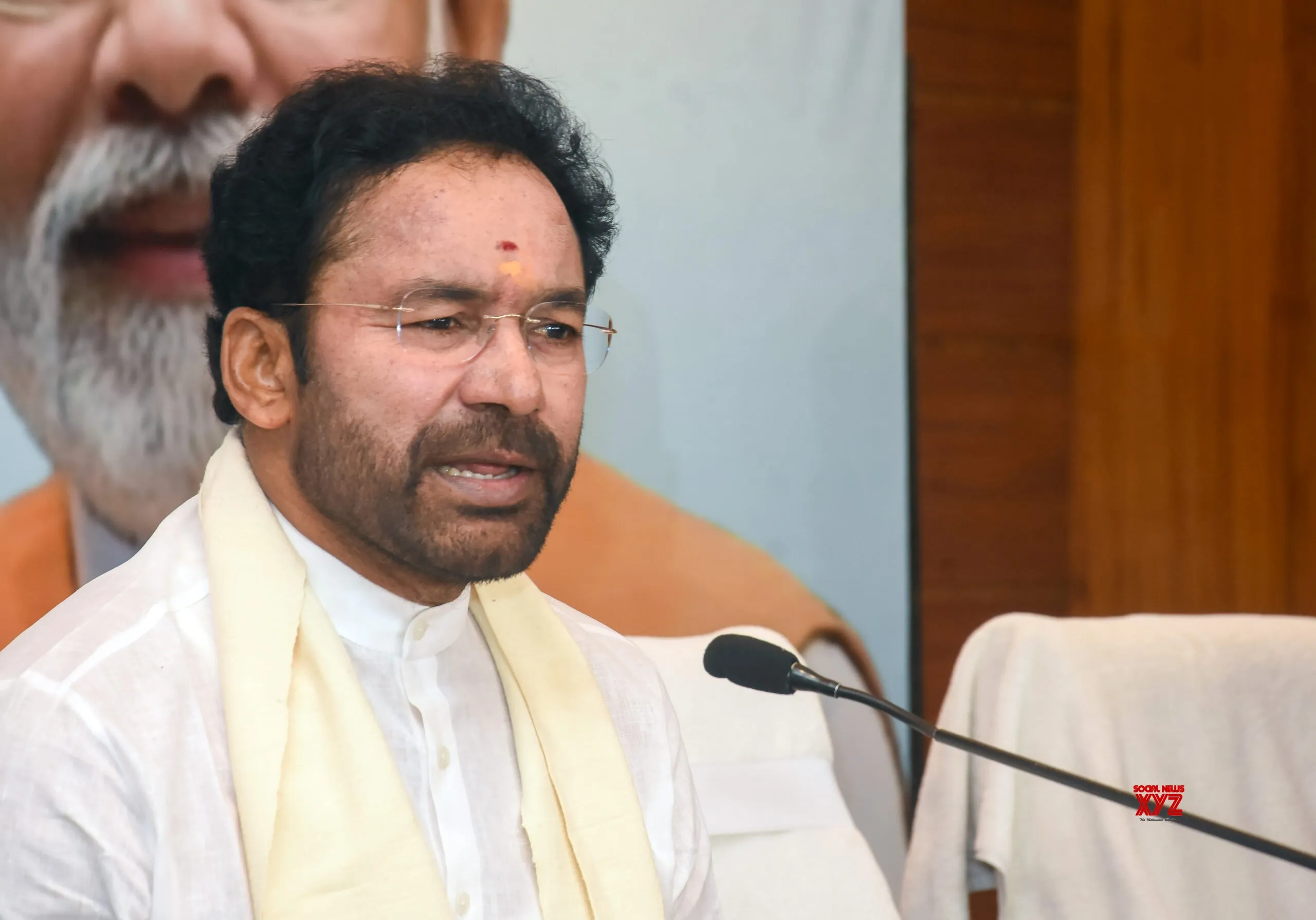
American companies build some of the most advanced Earth Observation satellites in the world. We have the engineering talent, the investment ecosystem, and decades of innovation. Yet government policies and politics are causing US Earth Observation companies to lose ground to foreign competitors.
Two forces in particular are undermining US Earth Observation leadership: outdated export controls that lock American companies out of international markets and entrenched “innovation antibodies” inside the Pentagon and Intelligence Community that resist adopting proven commercial capabilities.
As a result, US leadership is slipping abroad and at home. Globally, allies are turning to foreign providers, weakening the interoperability and trust that comes from shared systems. Domestically, the Pentagon and Intelligence Community are choosing to build bespoke systems with longer and costlier development cycles, instead of rapidly deploying commercial solutions that could close known gaps in satellite revisit rates, redundancy, and unclassified intelligence sharing.
Both problems are entirely self-inflicted, and both are eroding our strategic advantage. But there is a way forward.
First, it’s important to understand a key fact: The biggest growth opportunity in Earth Observation is not selling raw imagery anymore, it is selling satellite systems to international governments abroad, i.e., sovereign satellite sales. These sales do not just generate revenue, they strengthen alliances, create interoperability, and ensure that US technology, not an adversary’s, becomes the standard in critical missions.
In the US, every international Earth Observation satellite sale must run an export licensing gauntlet that is slow, opaque, and prone to outright denial. The process can stretch on for years, often without clear timelines or reasons for rejection.
In my years leading Capella Space, we lost many multimillion-dollar satellite contracts, not because our systems fell short technically, but because prospective international customers could not trust the US government to approve export licenses for the sale in time, or at all. While Capella was tied up with US regulators, foreign competitors were forming joint ventures around the world and mass-producing satellites for international sales. The result is that allied governments who should be operating US built satellites are instead flying European or Asian systems, sometimes from countries whose long-term alignment with US strategic interests is uncertain.
The irony is that those same foreign competitors sell into the US market simply by opening a US subsidiary. In effect, our policies both block US Earth Observation companies from competing abroad and give foreign companies access at home, undermining American jobs, revenue, and influence.
And when Earth Observation companies turn away from international markets and try to focus at home, they face a second obstacle: political and bureaucratic resistance to outside solutions.
Inside the US national security establishment, internal programs compete fiercely for budget. Commercial capabilities, no matter how effective or cost-efficient, are often perceived as threats to those budgets.
In his book Unit X, Raj Shah, former director of the Defense Innovation Unit (DIU), describes how elements of the national security establishment actively worked to disable Capella’s DIU contract in favor of internal government programs. The Pentagon, he writes, was full of “antibodies,” rule-driven actors who “feared this new company could jeopardize congressional funding to the government’s classified programs” and moved to block its progress.
According to Shah’s book, there was a stark moment where the Principal Deputy Director of National Intelligence asked senior defense leaders to pause all work on Capella, not because Capella’s capabilities weren’t needed, but because they wanted more time to defend their classified program on Capitol Hill.
At Capella, we experienced this dynamic repeatedly. Even when combatant commands showed strong operational interest, promising programs such as the radar procurement from the National Reconnaissance Office (NRO) were delayed, defunded, or killed outright.
These political maneuvers waste years, squander taxpayer dollars, and ultimately weaken readiness. Rather than buying a proven commercial system and putting it to work immediately, the government ends up spending more time and money to build something similar internally, while losing the savings and time advantages of buying commercial off-the-shelf solutions.
How To Solve It
Together, US restrictive export policies and internal resistance form a pincer that squeezes US Earth Observation companies out of global and domestic markets.
Our adversaries, especially China, are eager to exploit this gap. In Africa, the Middle East, and parts of Asia, Chinese-built Earth Observation satellites are now providing the imagery and analytics that shape national decision-making. Every time a US company loses a deal because of our own rules, we open the door wider for that kind of influence.
Fixing this dynamic will require swift and aggressive action from the government. Four steps would make an immediate difference:
Lift all Earth Observation satellite sales export restrictions on capabilities that already exist from foreign sources.
Establish a streamlined licensing process for Earth Observation satellite sales that is rapid, transparent, and predictable.
Accelerate the implementation of President Trump’s Executive Order institutionalizing commercial adoption in defense procurement, with senior leaders empowered to override turf-driven resistance when a commercial capability meets mission needs.
Prioritize speed and efficiency in acquisition, recognizing that in space, time-to-field can be as critical as performance.
America still has the talent, technology, and industrial base to lead the next era of Earth Observation. But leadership is not a default state, it is a position that requires active effort and smart policy. Right now, we are making it harder for US Earth Observation companies to compete, tying our own hands in the global marketplace and slowing the adoption of commercial capabilities at home.
If we address these issues now, we can strengthen US leadership before the gap widens. The choice is ours: Fix the rules and culture that hold us back, or watch opportunities and influence slip away to others.
Payam Banazadeh is a technology entrepreneur. He is the Founder and Former CEO of Capella Space, the first American commercial Synthetic Aperture Radar (SAR) satellite company, which was acquired by IonQ in 2025.



